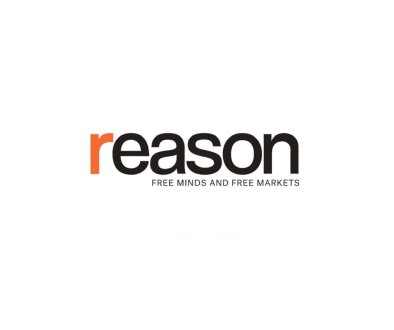What Rothbardians Should Think About States Rights
States Rights has been a dominant theme in American history. We all know about the Virginia and Kentucky Resolutions, the Tariff of Abominations, the War Between the States, the battle over the civil rights movement, and so on. But I’m not going to rehash American history in this week’s column. Instead, I’m going to ask a more fundamental question. What should Rothbardians think about states rights?
For Rothbard, the key question in all political issues is how to promote freedom. As he says in The Ethics of Liberty, “Libertarianism, then, is a philosophy seeking a policy. But what else can a libertarian philosophy say about strategy, about ‘policy’? In the first place, surely-again in Acton’s words-it must say that liberty is the ‘highest political end,’ the overriding goal of libertarian philosophy. Highest political end, of course, does not mean ‘highest end’ for man in general. Indeed, every individual has a variety of personal ends and differing hierarchies of importance for these goals on his personal scale of values. Political philosophy is that subset of ethical philosophy which deals specifically with politics, that is, the proper role of violence in human life (and hence the explication of such concepts as crime and property). Indeed, a libertarian world would be one in which every individual would at last be free to seek and pursue his own ends-to ‘pursue happiness,’ in the felicitous Jeffersonian phrase.”
Keeping this basic principle in mind, we should then ask, what is the greatest enemy of liberty? The answer is clear. It is an all-powerful government, In the words of the great libertarian theorist Albert Jay Nock, Our Enemy the State.
At this point, you might raise an obvious question. If our enemy is the state, how can there be any question about Rothbard’s position on states rights? Wouldn’t he have to be against them? But thinking about the issue this way is wrong. It rests on an ambiguity. When we talk about states rights in American history, we mean limits to an all-powerful central government. We aren’t talking about increasing the power of the central government but decreasing it.
With that in mind, let’s look at what Rothbard said about a powerful central government: “But, above all, the crucial monopoly is the State’s control of the use of violence: of the po
Article from LewRockwell

LewRockwell.com is a libertarian website that publishes articles, essays, and blog posts advocating for minimal government, free markets, and individual liberty. The site was founded by Lew Rockwell, an American libertarian political commentator, activist, and former congressional staffer. The website often features content that is critical of mainstream politics, state intervention, and foreign policy, among other topics. It is a platform frequently used to disseminate Austrian economics, a school of economic thought that is popular among some libertarians.



